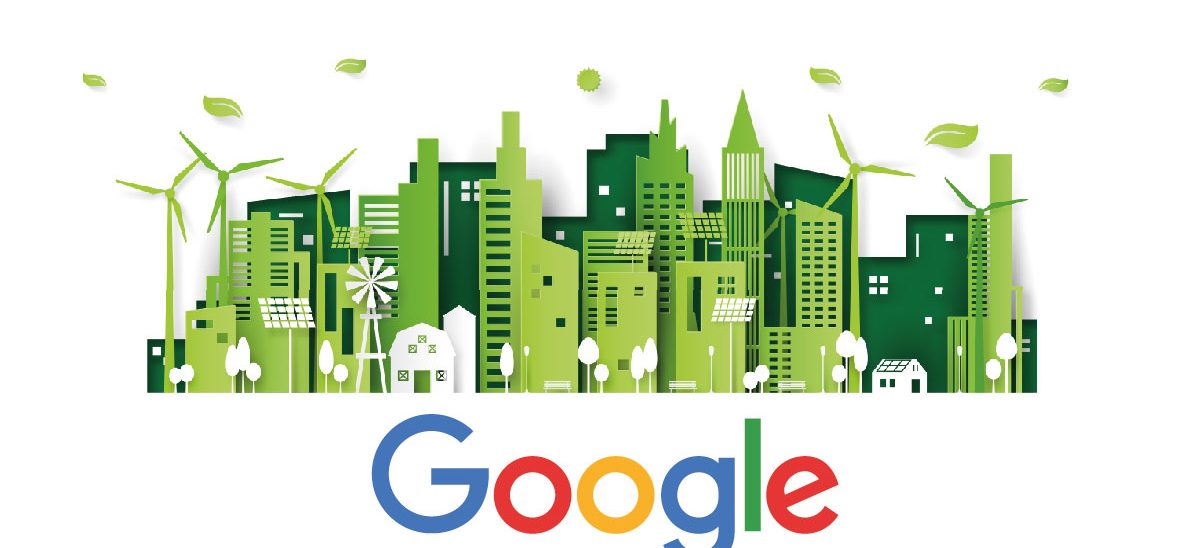Google achieves first BIT Building certification

The Southface Institute recognises sustainable best practices at Google’s 6th Street campus in Kirkland, Washington.
Southface Institute announced today that Google’s 6th Street campus in Kirkland, Washington is the first office campus in the world to certify its operations under Southface’s BIT Building program. Successful certification under BIT reflects Google’s adoption of the program’s 16 Best Practices for resource efficiency and sustainability.
What is the BIT Building program?
Southface’s BIT Building program allows facility operators and managers to implement performance improvements to their buildings no matter the year of construction or condition, unlike other sustainability certifications such as LEED or Energy Star.
“BIT Building is a framework for sustainability operations and maintenance of existing buildings,” said Andrea Pinabell, President of Southface. “It’s tailored to portfolio managers and building operators who want to generate savings and make building operations more efficient and healthier for tenants. The name refers to the small steps that eventually complete a long journey. We want clients to take efficiency efforts’ bit by bit’.”
Certified BIT Pros guide participating organisations through the program’s 16 Best Practices for resource savings and optimisation, and the organisation determines which practices to implement first. Trained BIT Aides work with program participants to monitor and benchmark building operations, evaluate potential improvements, and implement a continuous improvement plan.
Google joins the Chicago Housing Authority in certifying buildings under the BIT Building program, representing the increasing adoption of green building practices by organisations as diverse as municipal urban housing agencies and global technology companies.
BIT on Google’s Kirkland Campus
Google’s 6th Street campus in Kirkland, consisting of four buildings, was the perfect venue for applying the BIT certification model. Sustainability is a core principle in Google’s facility operations, and the company sought a platform for evaluating and improving upon its existing efforts. BIT certification provided a practical, time- and cost-efficient way for implementing such a process.
Google’s engagement with BIT required extensive investigation, analysis, and ultimately developing sustainability initiatives to align best practices with Google operations. Operational improvements included:
- Achieving a campus-wide estimated energy savings of over 20% from energy audit recommendations and operational adjustments
- A full review of the pest management program: updating approved products and removing toxic pesticides from use, implementing improved protocols focused on prevention, and adopting a better communications and feedback loop between the service provider, property management, and Google
- A roadmap to increase green purchasing by 15% and implement a battery recharging program for return to the office
Google Sustainability Partner Rich Navarro notes, “At Google, we believe that sustainable workspaces are good for both people and the environment. We aim to create the healthiest possible workplaces for our employees by focusing on people in our buildings the same way Google engineers focus on the user. We were excited to use BIT as a tool for improving sustainability, and we’ve been thrilled with the results in Kirkland.”
Jimmy Horne, who led the effort for the Kirkland office, adds: “BIT certification was a challenging but truly worthwhile process. I am glad we had an opportunity to examine our programs, explore and adopt several new ideas, and ultimately make the Kirkland facility more sustainable.”
Navarro was particularly pleased with the alignment between Google’s internal efforts and the BIT rating system: “BIT’s focus on sustainable practices and constant improvement year after year was particularly important to our sustainability team. Combined with BIT’s flexibility for campuses and the ability of the program to work for buildings of any age, anywhere on the globe, we felt it was a perfect fit for our needs.”
“For the sustainability and health of existing buildings, we are thrilled Google Kirkland has achieved the BIT certification,” Pinabell said. “With the BIT program, Southface is empowering organisations to improve the operations of their buildings; it’s a great fit for Google’s innovative sustainability efforts. As Southface continues its work to improve the efficiency of the existing building stock, partnering with a global organisation like Google allows us to expand our reach and amplify the effort to bring resilient practices to the operations of buildings everywhere.”
READ MORE:
- How to successfully reopen your office in a post-Covid-19 world
- Founder Feature: Neil Purcell, founder and CEO, Talent Works
- Ensuring a secure digital transformation journey
- Build these five habits to reduce the risk of ransomware
About Southface Institute
Southface Institute, a nonprofit 501(c)(3) organisation, is leading toward a sustainable, equitable and healthy built environment for all. Since 1978, our programs have closed the gap between environmental awareness and action by promoting scalable resource efficiency and clean energy solutions for homes, workplaces, and communities. Our practice of regenerative placemaking amplifies real-world strategies to create a built environment where the synergy between ecological and human needs supports health and well-being while creating resilient, equitable and thriving communities, striving to achieve a low-carbon future.
For more news from Top Business Tech, don’t forget to subscribe to our daily bulletin!
